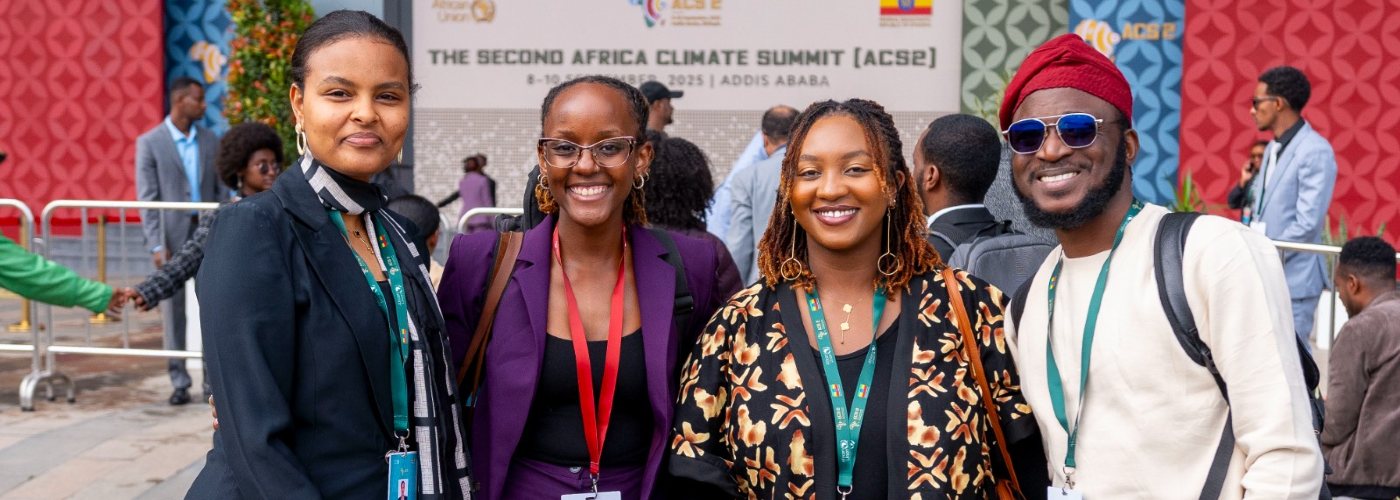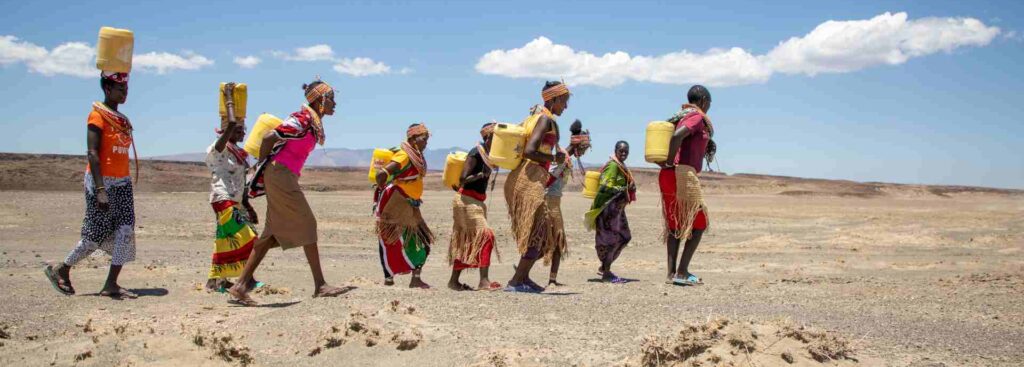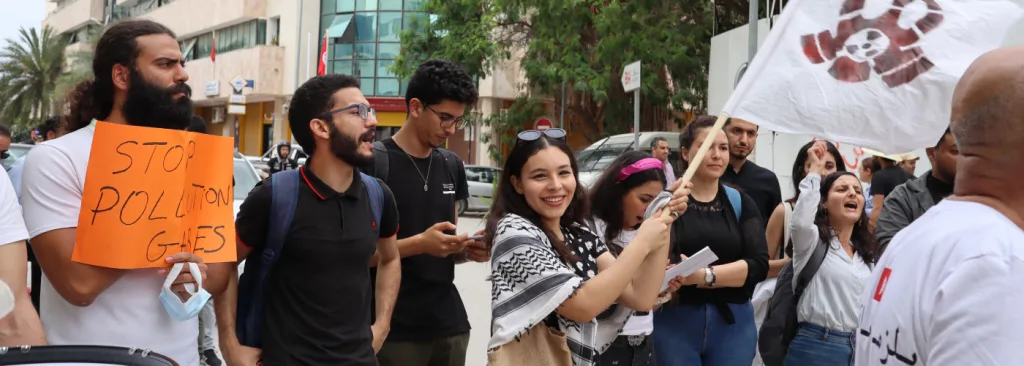The 2025 Africa Climate Summit in Addis Ababa focused on accelerating global climate solutions. Since the first edition in Nairobi in 2023, the narrative has shifted. The story of the continent is no longer one of victimhood. This year Africa showed it can be an active player, investor, contributor and leader in innovation towards global climate solutions. However, the elephant in the room remains: unlocking climate finance and a green agenda that truly caters the needs of the African population.
By Abigael Kima, Project Officer at the Voices for Just Climate Action Program
“Africa has abundant renewable resources, a dynamic young population and growing political momentum for a green future. But the financing gap, fractured carbon markets and structural inequalities threaten to hold the continent back.”
This year’s summit concluded by anchoring ambitious financial instruments and investment pathways. At same time the challenges of climate justice linger. How do these billions translate into accessible, equitable finance for Indigenous peoples and local communities who remain on the frontlines of climate impacts but at the margins of financial flows?
Baku to Belém Roadmap to 1.3T
At the Africa Climate Summit, the Baku to Belém Roadmap was a key discussion item. This global plan aims to raise at least 1.3 trillion US dollars of climate finance a year by 2035 to help developing countries fund low-carbon growth, strengthen climate resilience, and put their national climate plans into action. So far, only 300 billion US dollars has been promised at COP29, which is significantly low considering the already shrinking finance base for adaptation and resilience for African nations that continue to grapple with severe impacts of the climate crisis.
While there is definitely a huge conversational shift around climate finance mobilization. The shift comes with risks, such as the emphasis on the necessity of private finance. This could weaken the fundamental principles of the Paris Agreement, such as the polluter pays principle. Another concern is that private investors are not aligned with climate justice, imposing the danger of turning vital adaptation projects into commodities for trade. Therefore, public funding remains critical, without it most of the crucial adaptation projects will remain unfunded.
Inclusive carbon markets and just energy
The demand for carbon markets is also growing as a way to unlock climate finance. This puts the civil society movements at crossroads as it is gradually becoming a key conversation tied to unlocking crucial climate finance. Concerns were raised about unfair pricing, benefit sharing where communities get the shorthand of the stick and the fact that markets are very fragmented and slow to deliver. What remains paramount is that carbon markets need to truly support livelihoods while unlocking the finance needed for adaptation and resilience for frontline communities.
Energy also exposed some deep contradictions at the summit. Many voices echoed that energy is not a business but a right and should be seen as a public good. However, emerging initiatives like Mission 300 by the World Bank and African Development Bank (aiming to connect 300 million Africans to electricity by 2030) also risks increasing gas demand for clean cooking rather than pushing for renewable energy options. Questions emerged about electric cooking and whether it works for the African market where there isn’t investment in grid infrastructure for cooking. At the community level, the call was clear, Africa must understand its own systems, invest in local knowledge, and come up with homegrown solutions.
What stood out from this summit is that Africa is beginning to mobilize finance internally. The African development banks and commercial banks under the Africa Green Industrialization Initiative (AGII) signed a framework aiming to mobilize about USD 100 billion for green industrialization across the continent. Next to clean energy, they foster industries that create green jobs, value addition for African resources, and a significant reduction of extractive and unjust models. To succeed, governments must take the lead by shaping policies and refining regulations. It is important for Africa’s young population to be put at the center, but only if they are equipped with the right skills.
But obstacles remain, Africa still imports most of its renewable energy technology and exports raw materials, upholding colonial infrastructure. Without looking internally and transforming these structures, the battleground for competition between big powers like China and the US over critical minerals will prevail. Brian Kagoro from Open Society Foundations put it bluntly in one of the panels, “Liberation cannot happen on borrowed thinking. If Africa is serious about green industrialization, it must invest in its own think tanks, universities, and public institutions, while building a pool of African skills and innovation. The continent cannot remain only a consumer of other people’s technologies, it must also become a producer of ideas, products, and leadership in the green economy.”
Reshaping climate finance
Beyond the high-level debates, the summit also reminded us that climate finance must reach communities at the grassroots level. Big pledges mean little if the money does not trickle down to those facing climate shocks every day. Initiatives like the Next Level Grant Facility under the Voices for Just Climate Action (VCA) program are showing the possibility of supporting local groups and movements directly. These kinds of facilities help communities design and drive their own solutions, ensuring that climate finance is not only about global finance flows but also about small grants changing lives on the ground.
In the end, the summit highlighted both opportunity and urgency. Africa has abundant renewable resources, a dynamic young population and growing political momentum for a green future. But the financing gap, fractured carbon markets and structural inequalities threaten to hold the continent back. The way forward is not just about raising more money, but about reshaping how finance and industrialization will work for Africa. That means keeping public finance at the core, questioning private financing models, ensuring justice, and investing in Africa’s intellectual and industrial strength.




